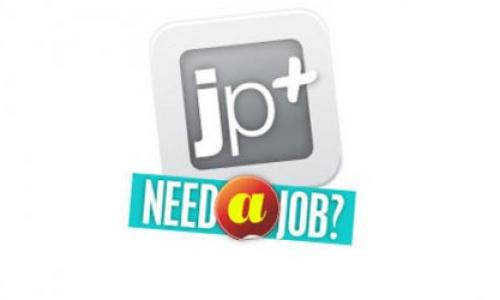
We are already heading into mid-January, and many of you are probably working towards your resolutions, which is great! Is one of those resolutions to land great job? Students like me – in their last semester of university - are probably concerned about what to do with their degree after graduation. It is less than six months now before a new chapter of life begins.
After many years of volunteering on campus and for non-profit organizations, I still have some level of uncertainty. Since the beginning of third year, I’ve yearned to finish my degree because I got tired of the course load. But in my final year, I realized I have no clue what I want to do next!
Recently, Career Services facilitated a workshop series called “Classroom to Career.” Its 4 workshops are based on a book called, “You Majored in What? Mapping Your Path from Chaos to Career” by Dr. Katharine Brooks. The workshops focus on career exploration, and how past personal experiences – examined from the lens of Chaos Theory – can facilitate meaningful career planning.
So what is “Chaos Theory” exactly? Brooks explains chaos theory by stating that people do not necessary end up having a professional career related to their degree.
Wait, what?!
Let me provide you with a scenario. Last year, I recall some of my engineering friends wanting to go into law school after graduation. I thought that was odd – they have the knowledge and mindset to be an engineer, but they decided they want to go to law school? It doesn’t make sense, does it?
It might make more sense than you think. These days, the majority of post secondary graduates do not follow a linear career path from point A to B. According to Brooks, such traditional thinking of pursuing a straightforward career path is no longer realistic. She is not saying that people who graduate with a certain certification will not end up in a job they want, but that it may take some time to achieve that step, or that people may end up in a job they love, but is something they would never have imagined given their degree. Every individual is complex, and we can’t necessarily predict our lives in the long term, especially when life is so full of unexpected events.
As a career peer, I had the opportunity to try some of Brooks’ exercises. Surprisingly, I was able to make some connections with my previous experiences to potential careers. It was quite a remarkable experience!
Though we can focus on what we want to do, try to allow space for unexpected opportunities. Just because I am going to graduate with a bachelor’s degree in criminology does not necessarily mean that I will become a lawyer or a police officer; however, I do get those questions all the time. If you are as curious as I am, I recommend reading Dr. Brooks’ book and conducting the exercises on your own, or you can browse her website.
If you prefer to have someone to guide you along the way, you can register for the “Classroom to Career” workshops hosted by Career Services. It is quite fun and you get to meet some follow SFU peers. This opportunity will allow you to have a better understanding of who you are and to engage within your network!
Sounds cool? Register now! Spaces are limited. However, if you have a good idea of what you want to do, but do not know where to start, why not book an appointment today and see a career advisor to explore some tools that can help you discover some fascinating information before you step out of SFU. You still have lots of time to explore some possible opportunities out there!














